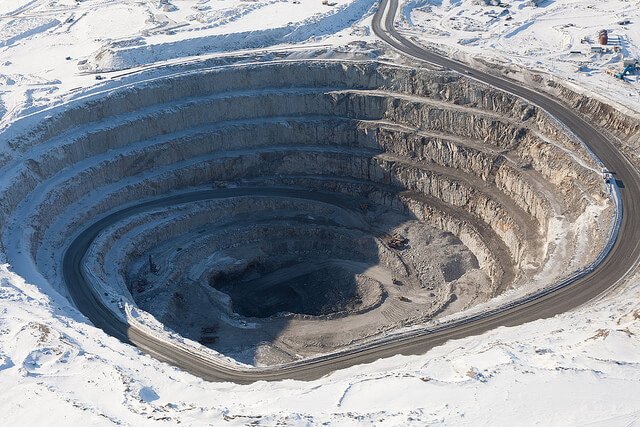Cryptocurrency network analysis company Blocktrail presented data concerning the bitcoin mining pool distribution.
Today, there are lots of startups working with digital currency and the number of such companies continues to grow. However, the more important for the bitcoin ecosystem are cryptocurrency miners, organizations or individuals who are the playing the key part in ensuring the integrity of digital currency.
Bitcoin is built on the blockchain technology, a decentralised public ledger that records every transaction realized on the network. The process of verifying transactions and creating blocks of transactions that can be added to the blockchain is called mining. It is used to introduce more bitcoins into the system.
The more computers join the network the more difficult it gets to mine new bitcoins. In fact, the process is getting more challenging as the rate of mining is limited.
The process of mining new bitcoins is decentralized. Although decentralization has its advantages, it poses certain risks as well. If an organization or an individual obtains control of more than half of the network’s mining power, it can corrupt the blockchain.
While some individuals prefer to mine bitcoins alone, others opt to join the group of miners, known as pools, where they can improve results by combining their resources.
According to data provided by the bitcoin analysis firm Blocktrail, the majority of the network is controlled by 10 mining pools.
Over the last month, China-based company AntPool ranked the first in terms of bitcoin mining, accounting for 17.82%. The company, which claims to be the globe’s biggest cloud miner, is operated by hardware firm Bitmain, opened in 2013.
DiscusFish/P2Pool was recorded as the second largest bitcoin miner with a share of 16.49%. Officially called F2Pool, the pool, which is also known as DiscusFish, is run by bitcoin enthusiasts Wang Chun and Mao Shihang. According to Business Insider, 100% of the pool’s hash power comes from its users. Last month, the company generated the largest cryptocurrency transaction ever, following an attack targeted at the network.
The company is followed by BitFury, which controlled 16.4% of the network during the last month. In July, the company raised $20 million, thus becoming the best-funded mining hardware firm. Instead of running a public pool, BitFury owns private mines located in Iceland, Finland and the Republic of Georgia. The company’s head Valery Vavilov claims BitFury is not a mining firm, but a technology one with a focus on digital currency.
BTC China Pool was registered as the fourth biggest mining company, with its share totaling 13.74%. Although launched only in late 2014, the firm turned into one of the largest mining pool. This is attributed to the fact that BTC China is the biggest exchange in the country.
China-based pool, BW Pool gained control of 7.68% of the network over the past month. Despite its size, the company rarely makes official statements and even has no publicity in English-speaking countries.
Meantime, North American pool Eligius accounted for 4.83% of the network. The company was opened in 2011 by a Catholic Luke Dashjr, who has earlier written religious messages onto the blockchain, CryptoCoinsNews wrote.
KnCMiner’s share of the mining pool stood at 4.27%. In February 2015, the Swedish company raised $15 million in a funding round led by Accel Partners. KnCMiner owns data centers in Sweden and is also planning to expand in Finland and Iceland.
The world’s oldest mining pool Slush accounted for just 4.08% of the overall network. Opened in 2010, the pool belongs to SatoshiLabs, which is also an operator of other bitcoin projects.
21 Inc was recorded as a ninth largest mining pool, representing a share of 3.79%. In March, the company raised $116 million from a range of investors, including Andreessen Horowitz. 21 Inc is not a public pool, as it uses its own private hardware.
GHash.io, which in 2014 obtained control of 51% of the entire network, now holds a share of just 1.99%. The company’s CIO Jeffrey Smith, also runs a bitcoin exchange called Cex.io.
Besides the 10 leading pools, the network is controlled by such companies as BitClub Network , 8baochi, BitMinter, Kano CKPool and P2Pool.org. Meanwhile, the unknown mining pools accounted for 4,5% of the total network.
